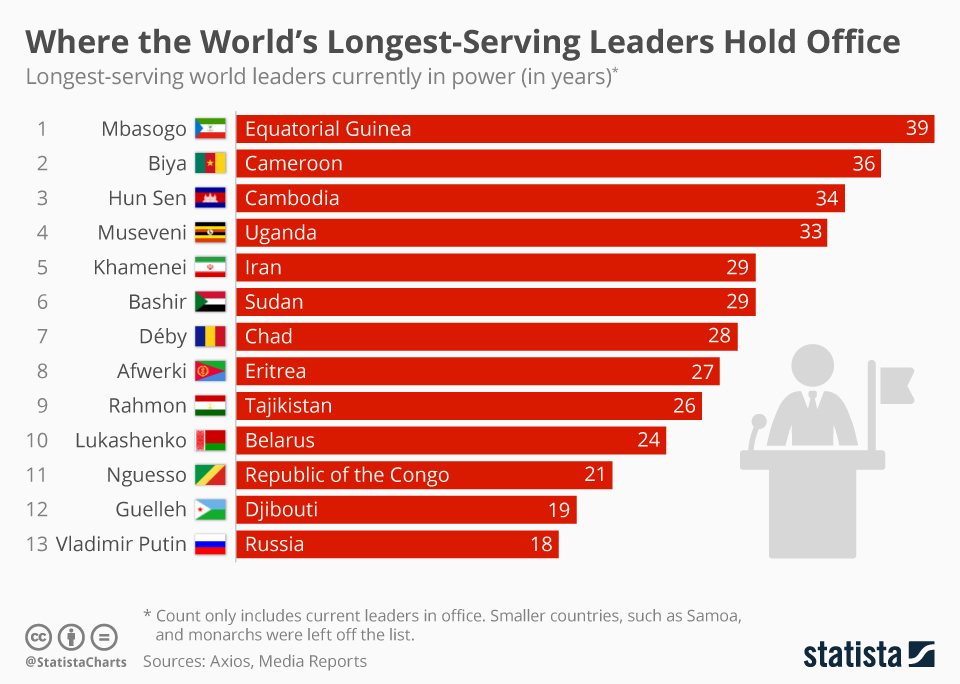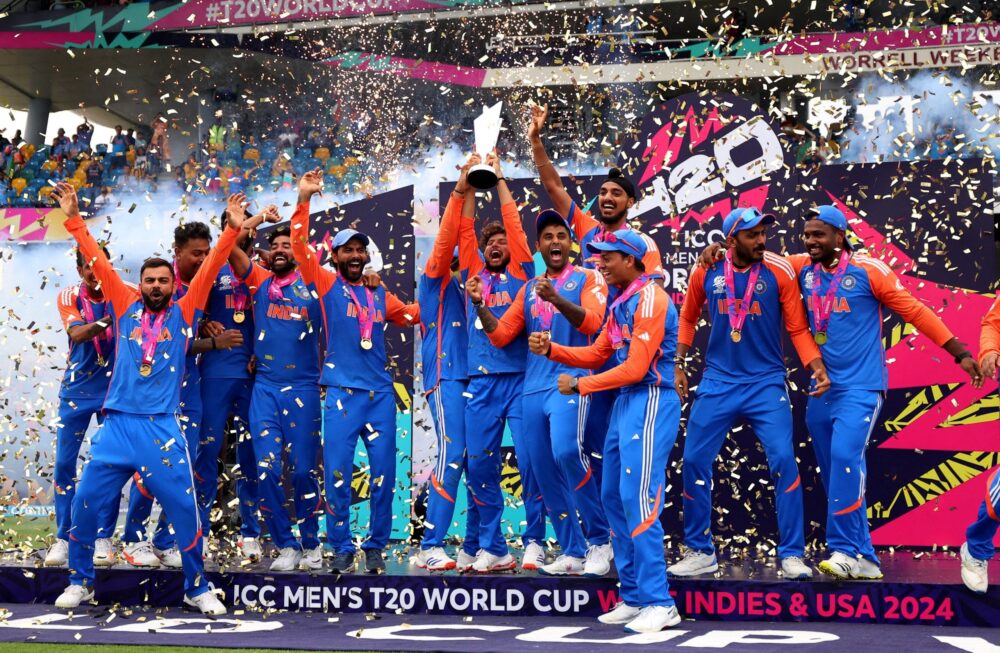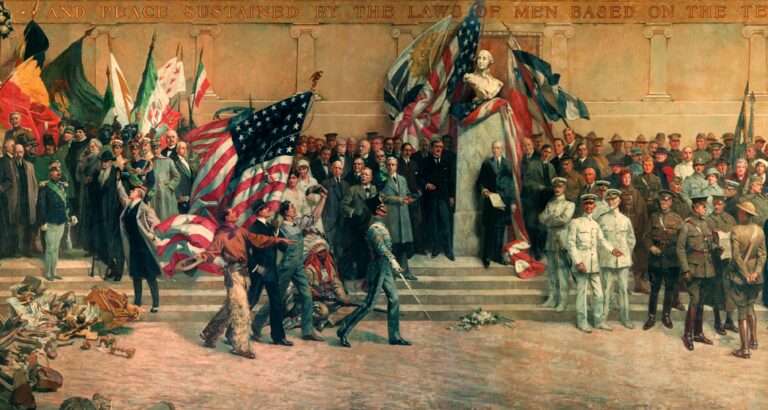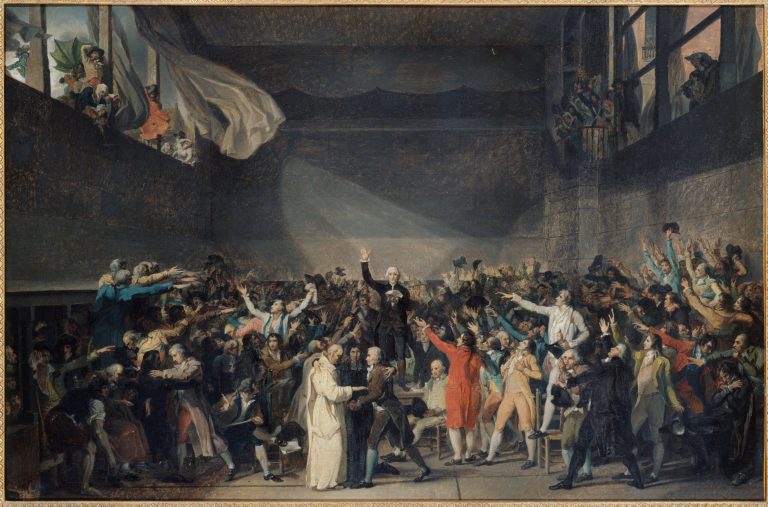After a 13-year wait, India has finally won the T20 World Cup in a decisive sweep of the tournament. The final moments were a testament to the great camaraderie among team members and the apt leadership of respected captain Rohit Sharma. The nail-biting instance of South Africa needing runs off the final over only added to the excitement, but India held their nerve to clinch the victory.
This match holds significance for another major context: the retirement of two cricketing stalwarts and Indian influencers, Rohit and Virat. Both men serve as exemplars of retiring at the right moment, giving the next generation a chance to take the helm of the prestige earned by their predecessors.
As a political blog, it’s worth considering the parallels in the world of politics. Power and position of influence are umbilical cords that are difficult to separate; ego and arrogance often prevail. There are clear examples of incompetent leaders who are unable to retire or even take a back seat, such as Joe, who is senile and old, and Erdogan, who has been in power for two decades with a fading popularity. Putin is a self-imposed authoritarian, and even if there is a succession, the ranks are often passed down to a favorite, who is most likely linked via family or is a protégé. Meritocracy is an old phenomenon in a world dominated by a few.
Colloquially, the change of batons by the legends of the cricket world should serve as a positive metaphor for all who succumb to power but are unable to execute their duties to the fullest extent possible. Perhaps politicians can learn from the graceful exits of Kohli and Sharma, recognizing the importance of stepping aside at the right moment to allow fresh leadership to take the reins.







